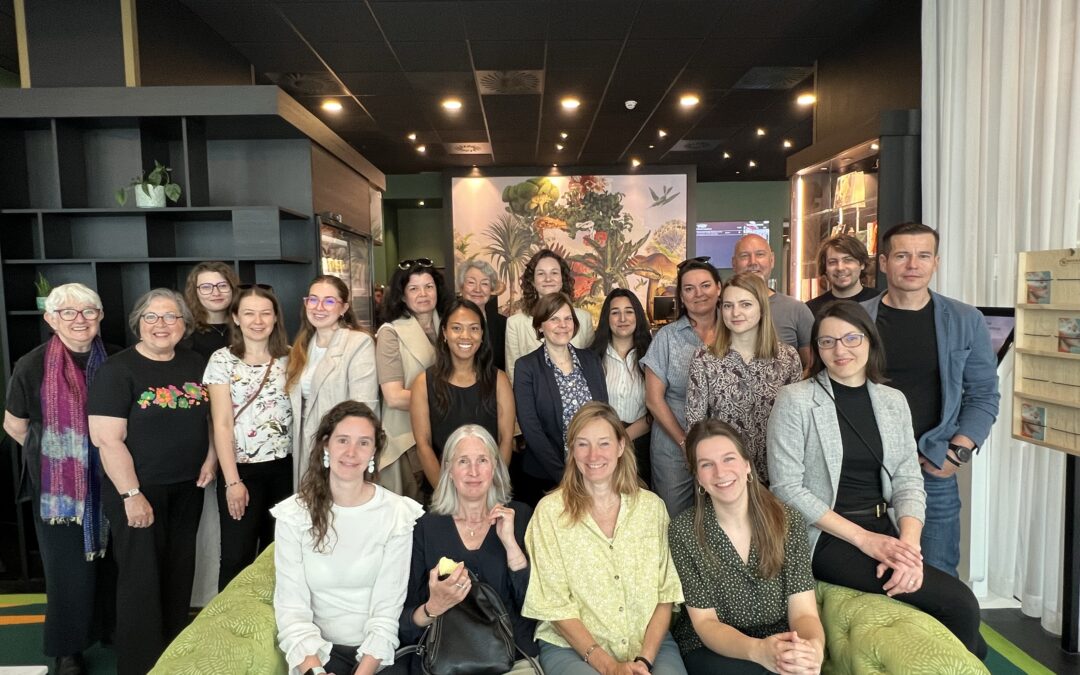

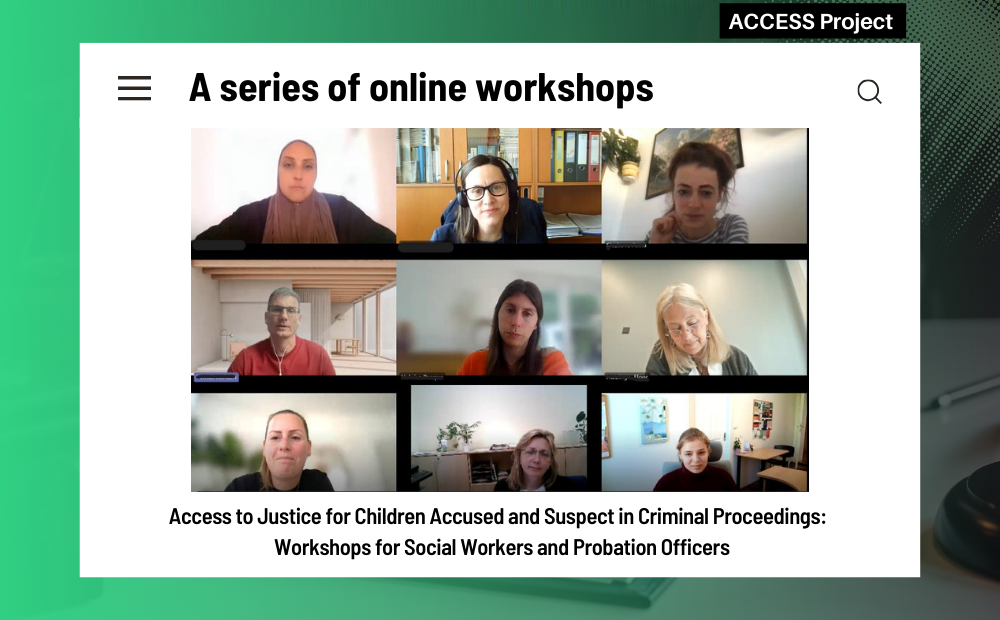
EU: Better support structures for children in conflict with the law are needed
The International Commission of Jurists (ICJ) organized a series of workshops for social workers and probation officers working with children from Belgium, Bulgaria, the Czech Republic, Poland, the Netherlands and Slovakia. The goal was to share experiences, identify common challenges, and highlight effective practices in supporting children in conflict with the law.
Topics discussed included methods of conducting individual assessment of children, diversion options as alternatives to formal criminal proceedings, the availability of support organizations, the role of parents throughout justice processes, and the impact of institutional discrimination on children in conflict with law.
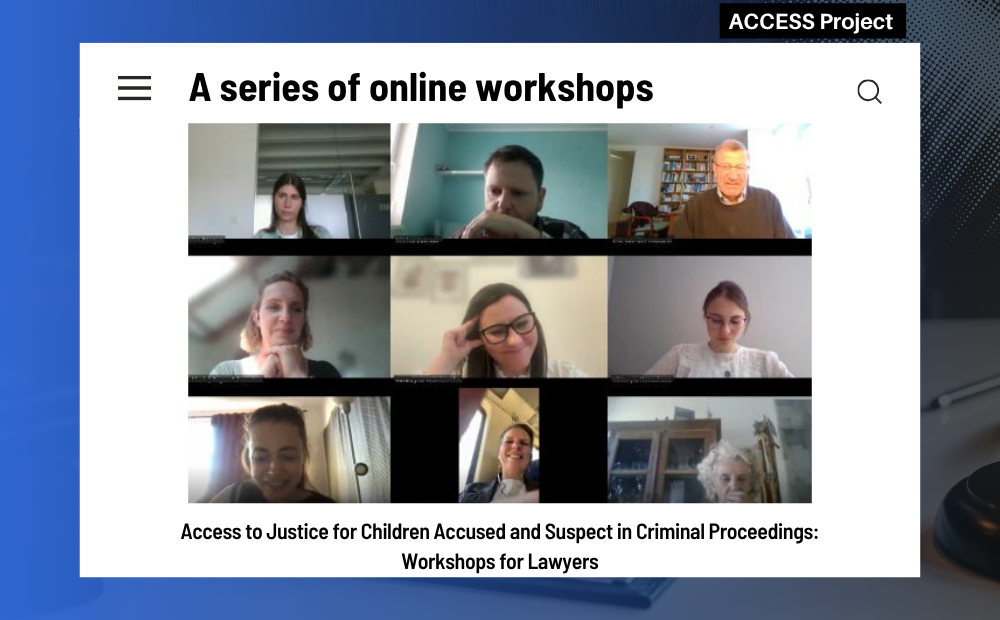
EU: Access to a lawyer in juvenile justice proceedings remains a key concern in several EU Member States
In April 2025, the International Commission of Jurists (ICJ) and partners organized two online workshops for legal practitioners from six EU Member States who work with children in conflict with the law. These workshops follow up on the Transnational Exchange Roundtable held in March 2025 in Brussels and aim to explore specific issues in greater depth and strengthen legal assistance for children in conflict with the law.
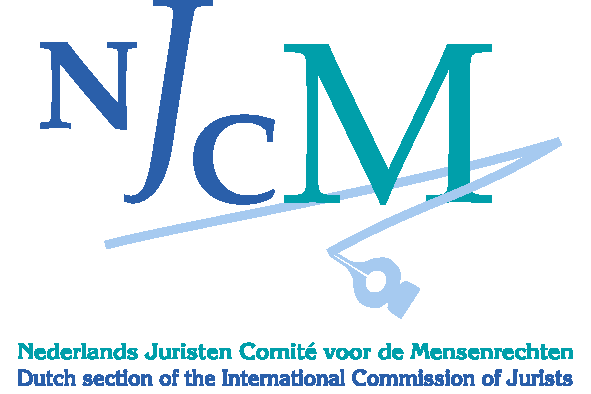
Netherlands: ICJ and NJCM highlight report of UN expert on racism
The ICJ and its Dutch national section today highlighted findings and recommendations of the UN Special Rapporteur on racism, racial discrimination and xenophobia, on her visit to the Netherlands.
The statement was prepared for the ICJ by its Dutch national section, Nederlands Juristen Comité voor de Mensenrechten (NJCM), for today’s interactive dialogue with the Special Rapporteur at the UN Human Rights Council, but could not be read out during the meeting due to limited time allowed for civil society statements:
“Madam Special Rapporteur,
The ICJ highly appreciates your dedicated work in the fight against racism, and welcomes your report following your country visit to the Netherlands last October. During this visit you met our colleagues from the Dutch section of the ICJ, who have prepared and join in this statement.
The ICJ shares your concern that the highest levels of political office in the Netherlands do not reflect the racial, ethnic and cultural diversity of its society. The extent in which under-representation still plays a role in the Netherlands is worrisome. This is reflected in the lack of inclusive and non-discriminatory policies.
The ICJ agrees that a full account of the history of slavery and colonialism is fundamental in Dutch education. The essence of this education must highlight how the exploitation of colonized peoples and territories normalized racial and cultural hierarchies. Racial relations in the Netherlands will not be understood in context without a fair and accurate account of history.
The ICJ commends you for addressing the systemic and institutional nature of racism within the Netherlands on an intersectional level and we call upon the government to fulfill its human rights obligations in this regard.
Madam Rapporteur could you share good practices in which governments collect data on ethnic minorities to help protect human rights while protecting against misuse of the data?
Thank you.”
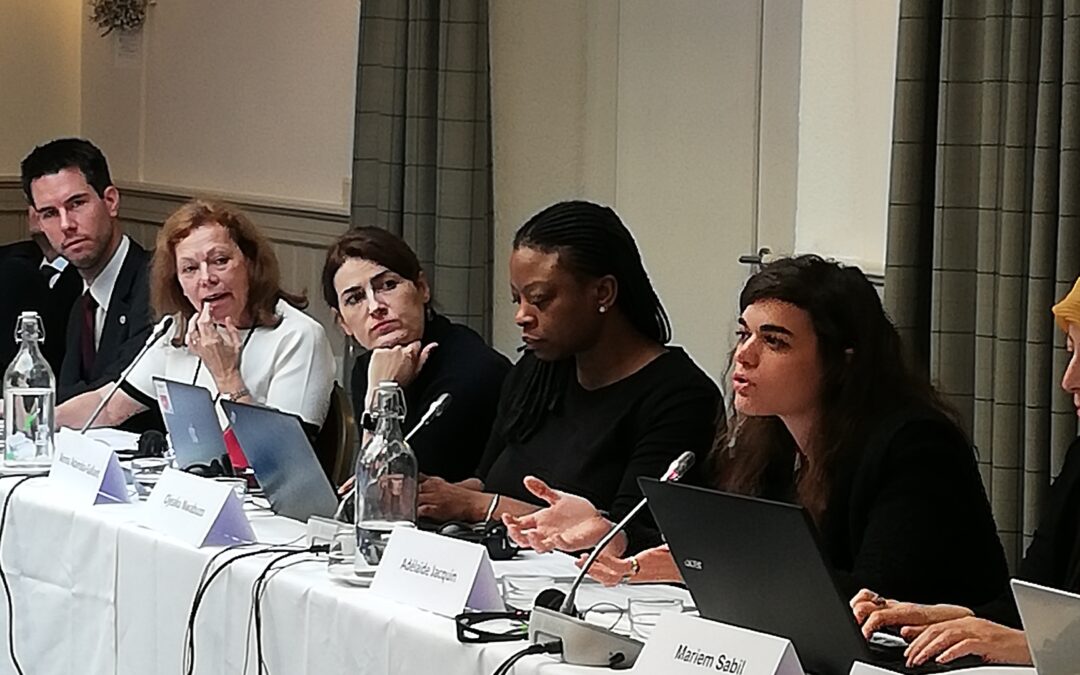
EU: Roundtable discussion on the impact of counter-terrorism laws on children and on minority ethnic and religious groups
Today, in Brussels, the ICJ held a roundtable discussion on the impact of counter-terrorism laws on specific groups, including children, and ethnic and religious groups.
The roundtable brought together 34 judges, lawyers, NGOs and other experts from countries including Germany, France, Italy, the Netherlands, Poland, Belgium, Portugal, Romania, and Spain to discuss how the rights of children and of ethnic and religious minorities can be best protected in applying counter-terrorism legislation in the courts, especially in light of the EU Directive 2017/541 on Combatting Terrorism.
This was the last of four roundtables held by the ICJ and its partner organizations between April and November 2019 in the framework of the EU funded project “Judges Uniting to Stop Terrorism with International, Constitutional and European law (JUSTICE).”
The discussion in the first session of the roundtable addressed the disproportionate impact of counterterrorism laws on ethnic and religious groups. It focused on compliance with the principle of non-discrimination, through safeguards in legislation, in the judicial application of counter-terrorism laws, and in investigation and evidence gathering.
The second session of the roundtable addressed the particular impact of counter-terrorism legislation on children, including the challenges involved in protecting the human rights of children of “foreign fighters” and ensuring the primacy of their best interests in decisions on their return to EU countries. Participants also discussed protection of the human rights of returned children of “foreign fighters” both as victims of terrorism and where they are accused of crimes of terrorism.
See the agenda here.
This workshop was carried out with the financial support of the European Union and the Open Society Foundations. Its contents are the sole responsibility of ICJ and do not necessarily reflect the views of the European Union or the Open Society Foundations.




